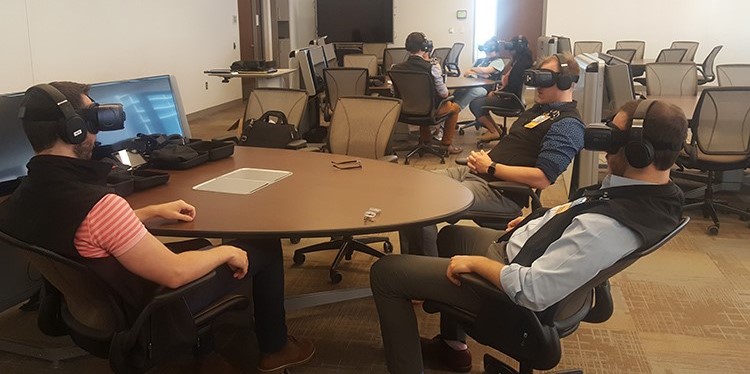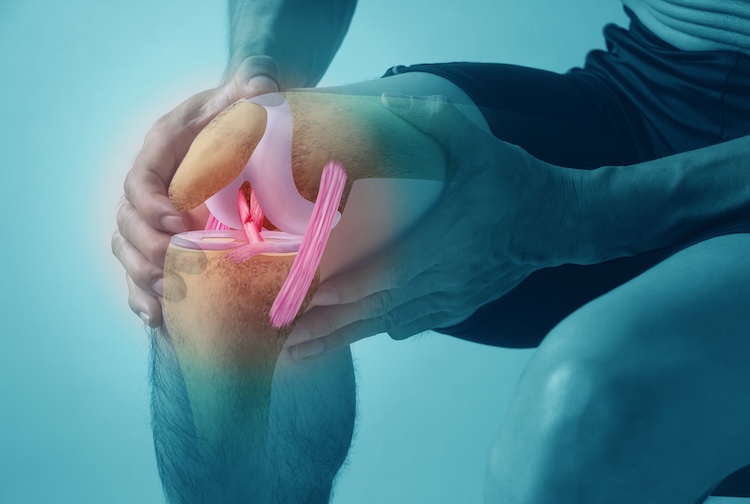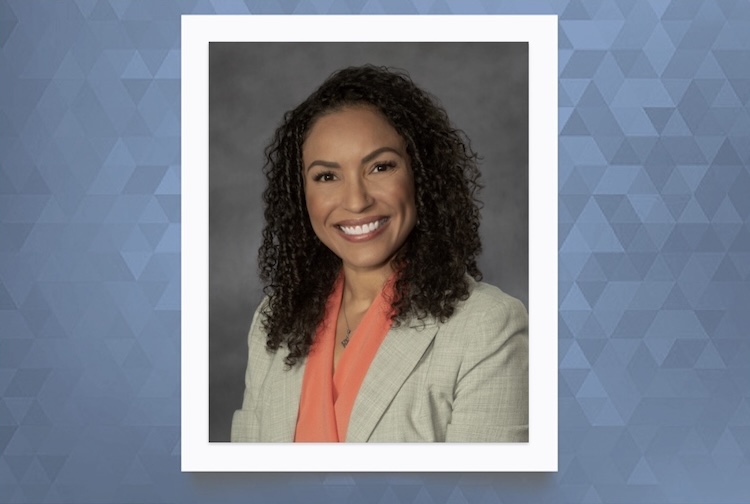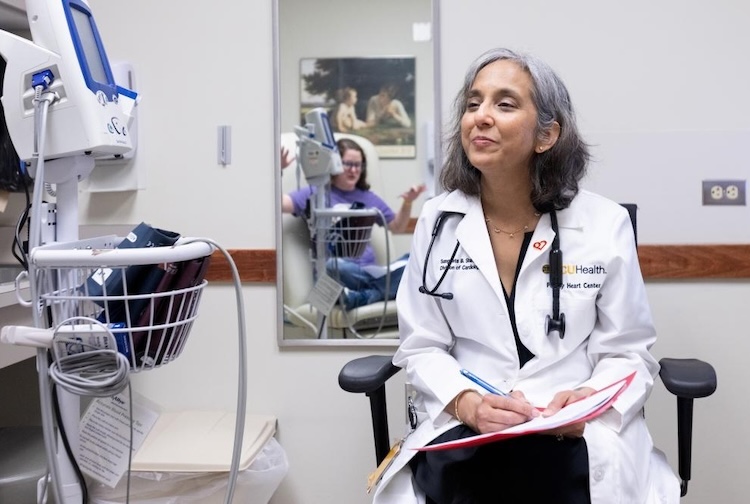Using virtual reality to reduce burnout
Team members use innovative solutions to address burnout at VCU Health.
January 25, 2021 Virtual reality headsets take you to scenic locales like this to relax you.. (Photo: Alana Wiljanen )
Virtual reality headsets take you to scenic locales like this to relax you.. (Photo: Alana Wiljanen )
By Dedrain Davis
Nationally, burnout for health care workers is a major problem. According to Medscape, in 2019 more than 40% of physicians are burned out, with some specialties suffering even more. COVID-19 has made the problem even worse, with 64% of physicians reporting burnout during the pandemic.
Chronic work overload can prevent health care workers from seeking help or finding time to unwind. It also threatens quality of care.
Enter the Wellness Grant
Developed by Dr. Amelia Grover of the VCU School of Medicine office of faculty development, the Wellness Grant project solicited ideas from VCU Health providers to improve workplace wellness. Of the 19 ideas received, five were selected to receive $1,000 each in start-up funds. The Virtual Reality Stress Reduction Intervention, led by Dr. Nicholas Thomson, is one of those projects. Thomson is director of research for the Injury and Violence Prevention Program and an assistant professor in the departments of surgery and psychology.
In Thomson's project, team members use a virtual reality headset to experience mindfulness therapy anytime, day or night. From a beach in Hawaii to a forest in Virginia, users can choose their 3D environment and be guided through an exercise that reduces anxiety and stress — similar to what is used in individual and group therapy.

Mindfulness therapy allows providers to take a break from their hectic day and calm their minds. During the therapy, they become fully aware of their body and feelings, generating a sense of comfort and relaxation.
“The goal is for team members to become more present, which can reduce worry and alleviate stress. The combination of the strategies helps team members feel more in control, physiologically and emotionally,” Thomson said.
The virtual reality program doesn't require a special computer, which makes it low cost and easy to use. Thomson hopes virtual reality can be the standard of care for team members and patients alike.
“Virtual reality provides easy access to beneficial mental health services. We want it to be accessible to everyone.”
Thomson hopes this pilot will help secure grants to expand research and development of the mindfulness program. Eventually, he'd like to use the virtual reality mindfulness program to help survivors of intimate partner violence navigate trauma.
The virtual reality pilot begins this year. Employees interested in participating may contact Salpi Kevorkian at Salpi.Kevorkian@vcuhealth.org.
The other winning submissions are:
Mindful Self-Compassion for Healthcare Professionals
Bergen Nelson, M.D.
Assistant Professor of Pediatrics
Mindful Self-Compassion (MSC) refers to awareness about attitudes toward self, especially in terms of self-criticism and responses to failure, with a goal of cultivating self-compassion.
Dogs on Call - Paws to De-Stress Station
Nancy R. Gee, Ph.D., Jessica Powell, Denice Ekey, Sandra Barker, Ph.D.
Create a low risk space for VCU Health team members, patient families and visitors to interact safely on a one-to-one basis with a Dogs on Call therapy dog.
Mindfulness in the OR: Can an abbreviated mindfulness skill improve surgeon's focus, anxiety and performance in the OR?
Nikki Sood, M.D., Frances Casey, M.D.
This grant is designed to use an audiovisual mindfulness video to positively impact a surgeon's perceived focus, anxiety and performance in the OR and help physicians working in surgical subspecialties develop a toolkit to deal with stress and anxiety and improve focus while operating.
VCUHS Employee Acupuncture Clinic for Wellness
Deanna Couser, M.D., Arkadiy Dubovoy, M.D., Geoffrey Fisher, M.D.
During COVID 19, an acupuncture walk-up clinic was provided free for perioperative employees over a 4-week time frame and received positive feedback.




